Antipopes of the Antichurch
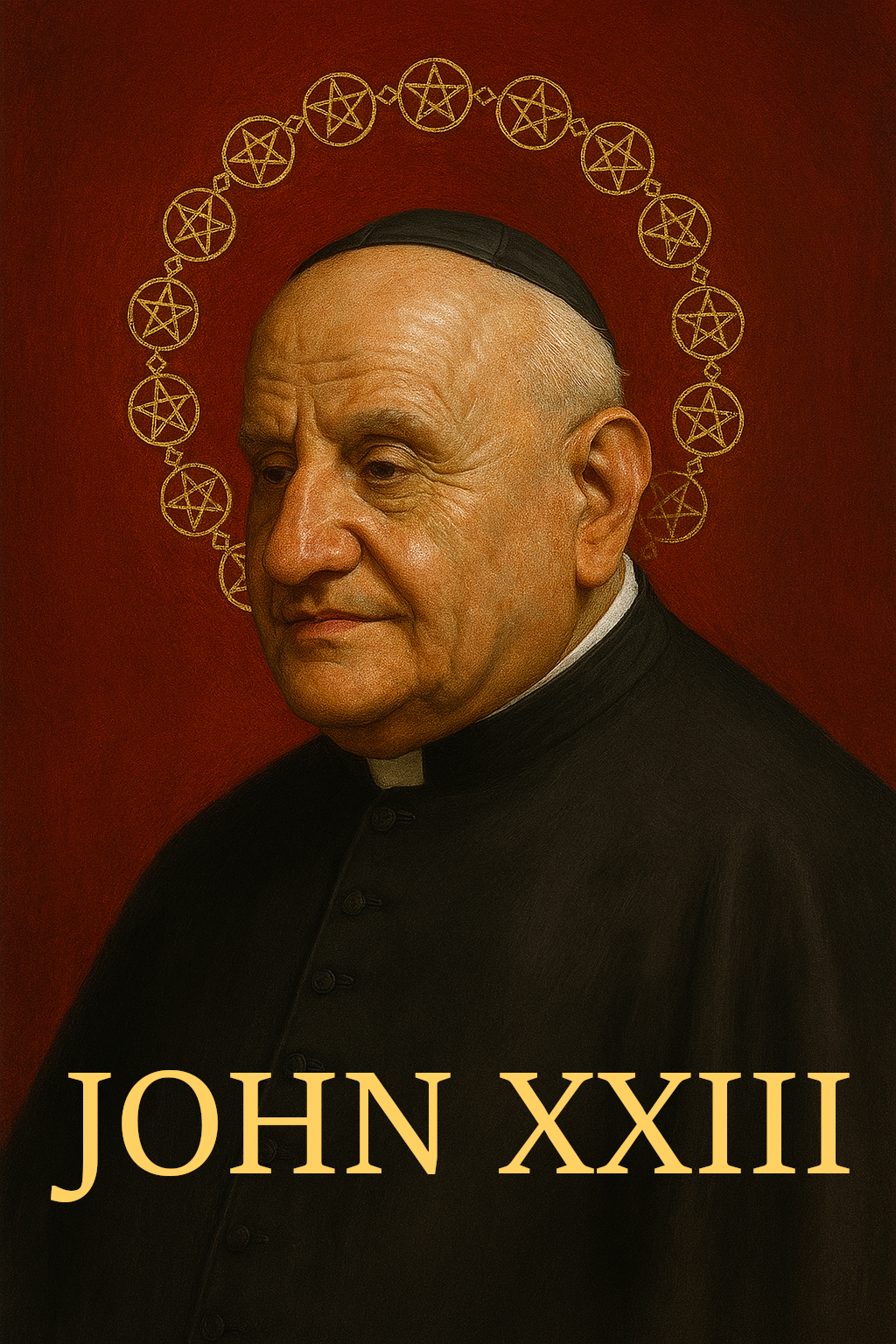
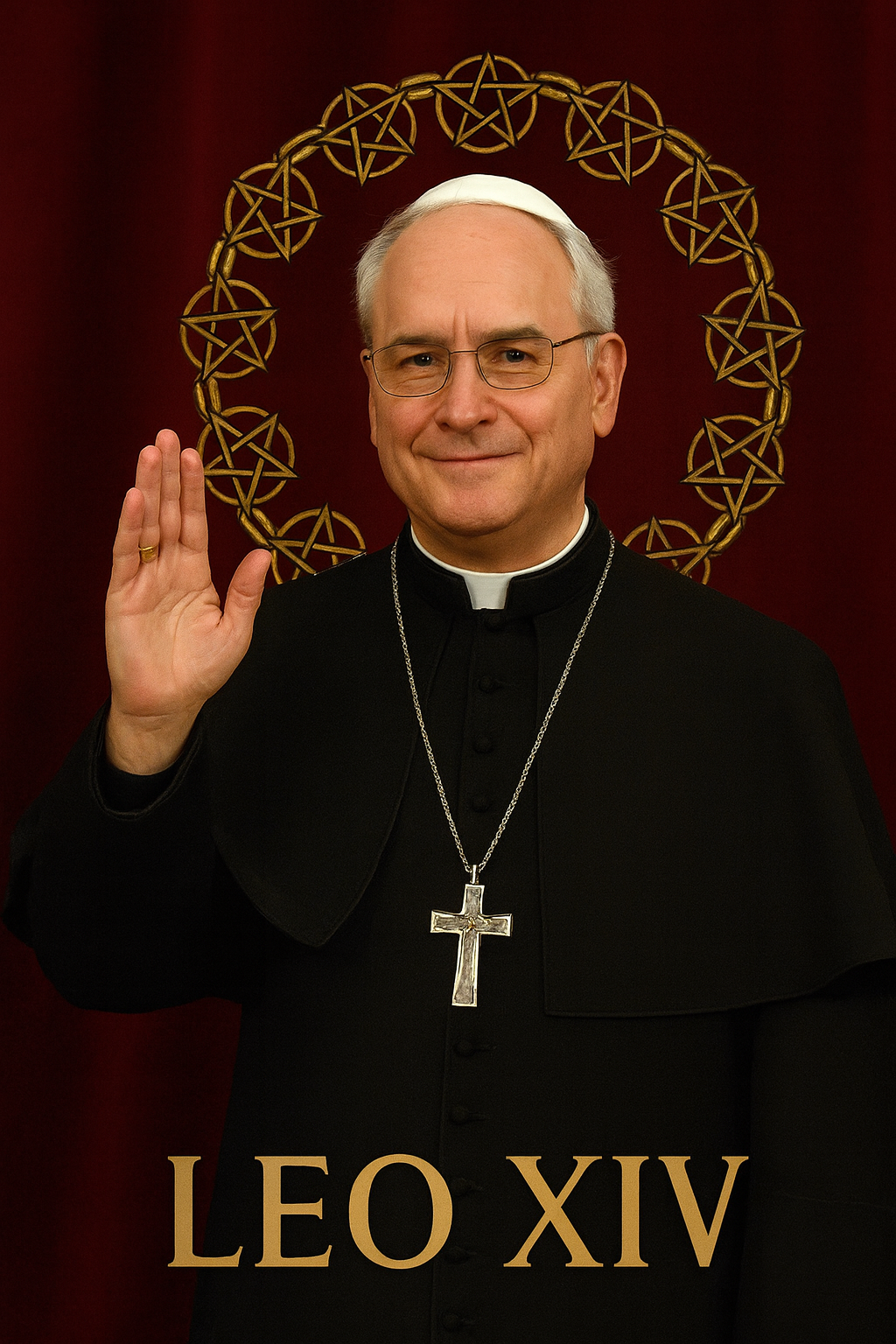


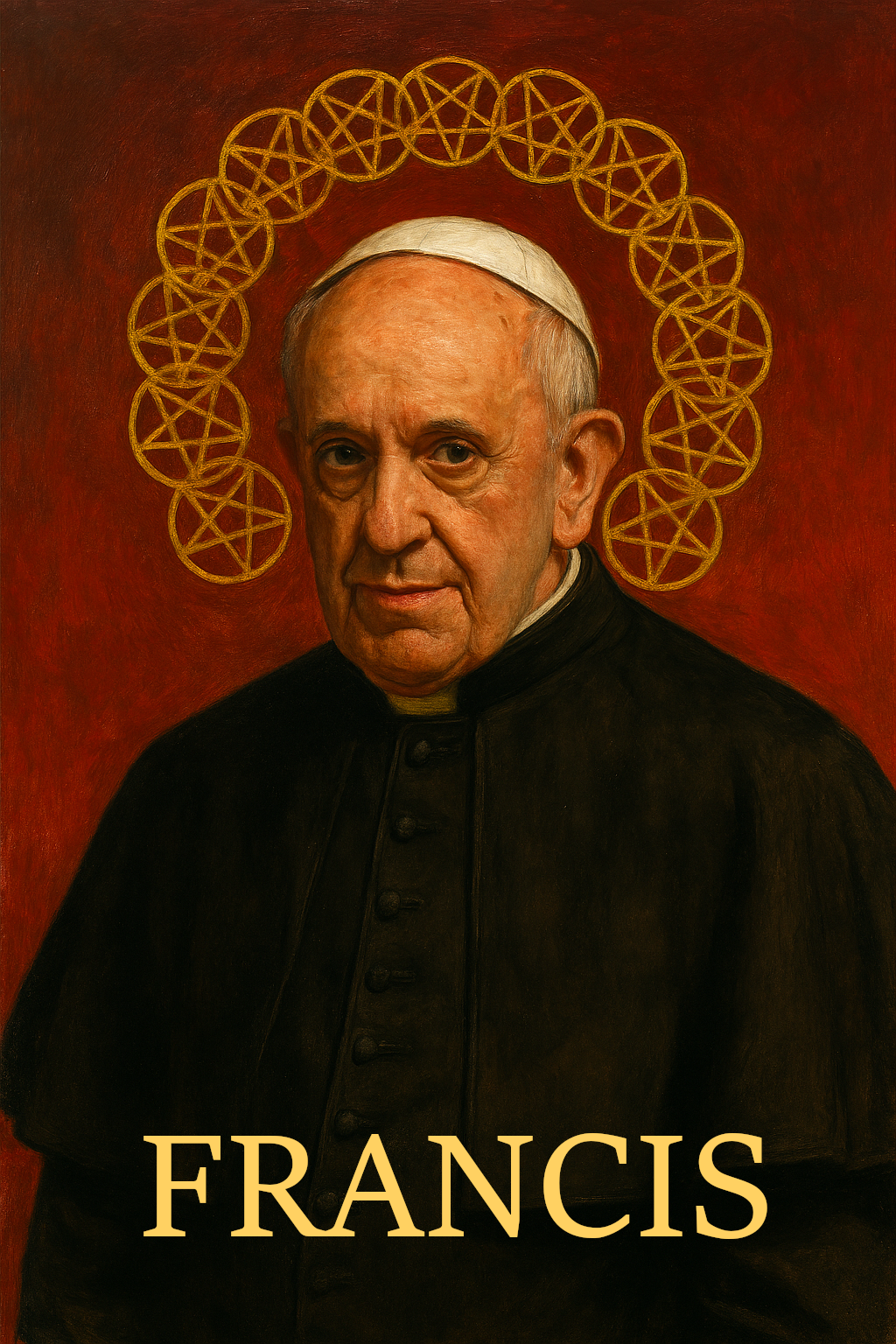


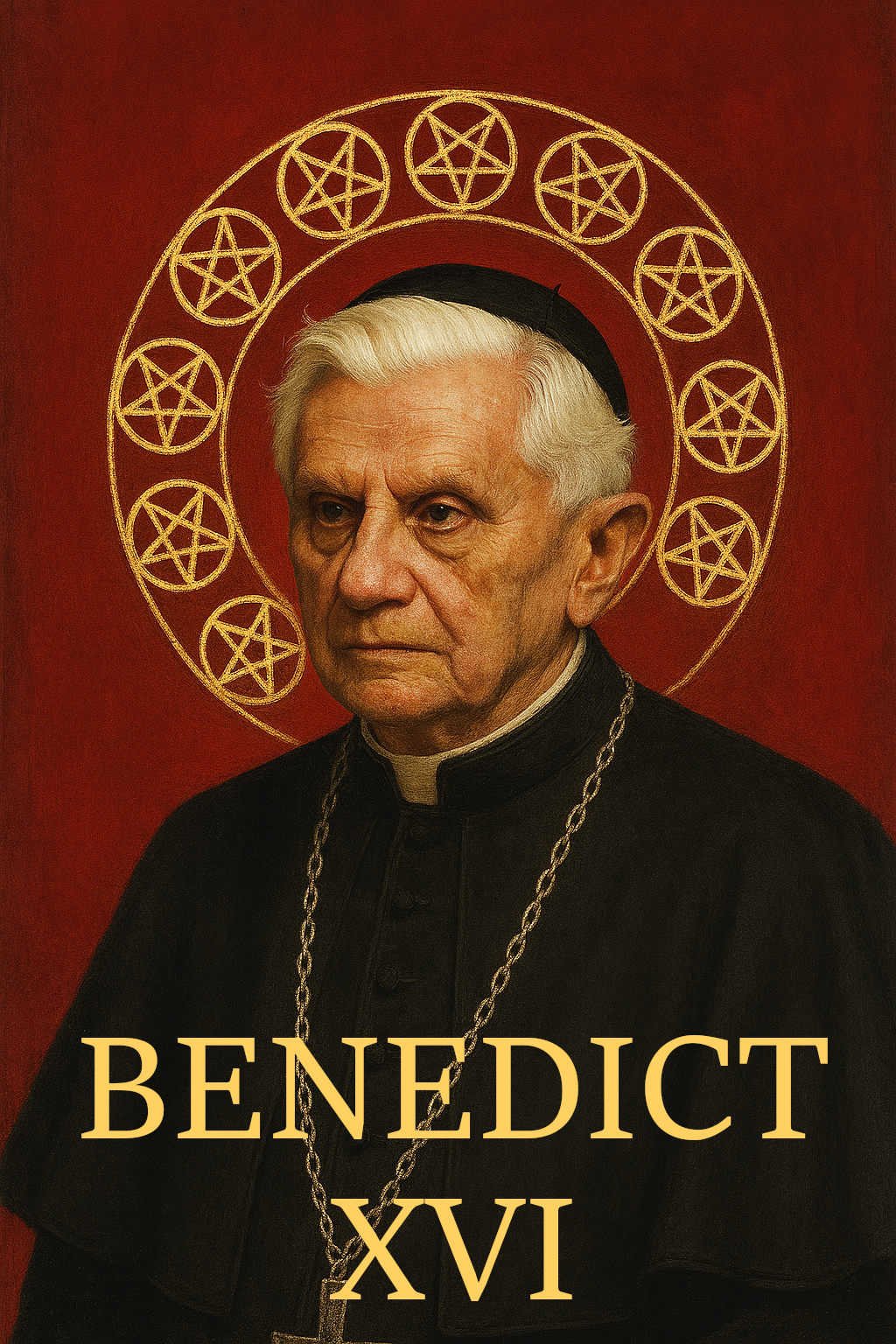


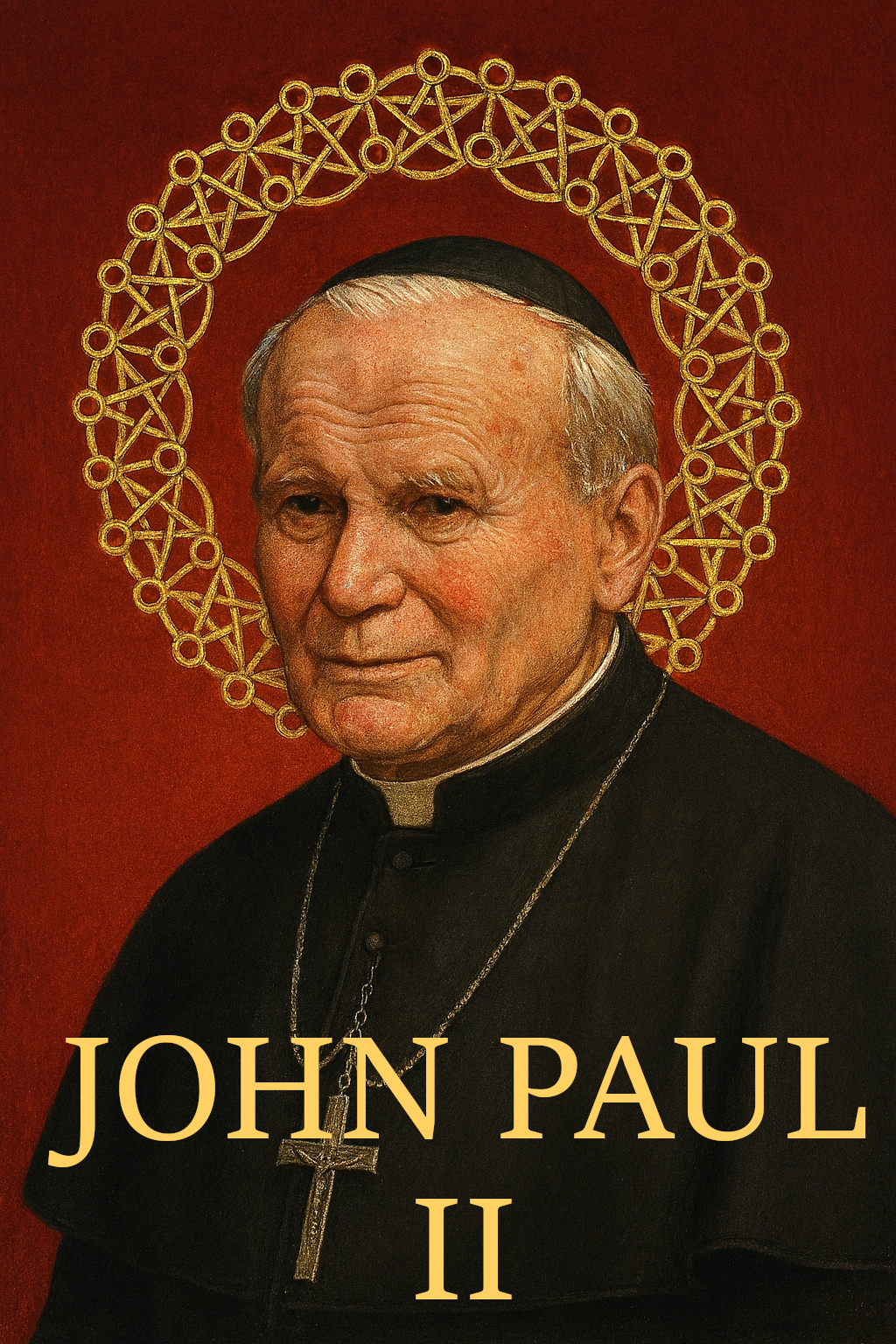


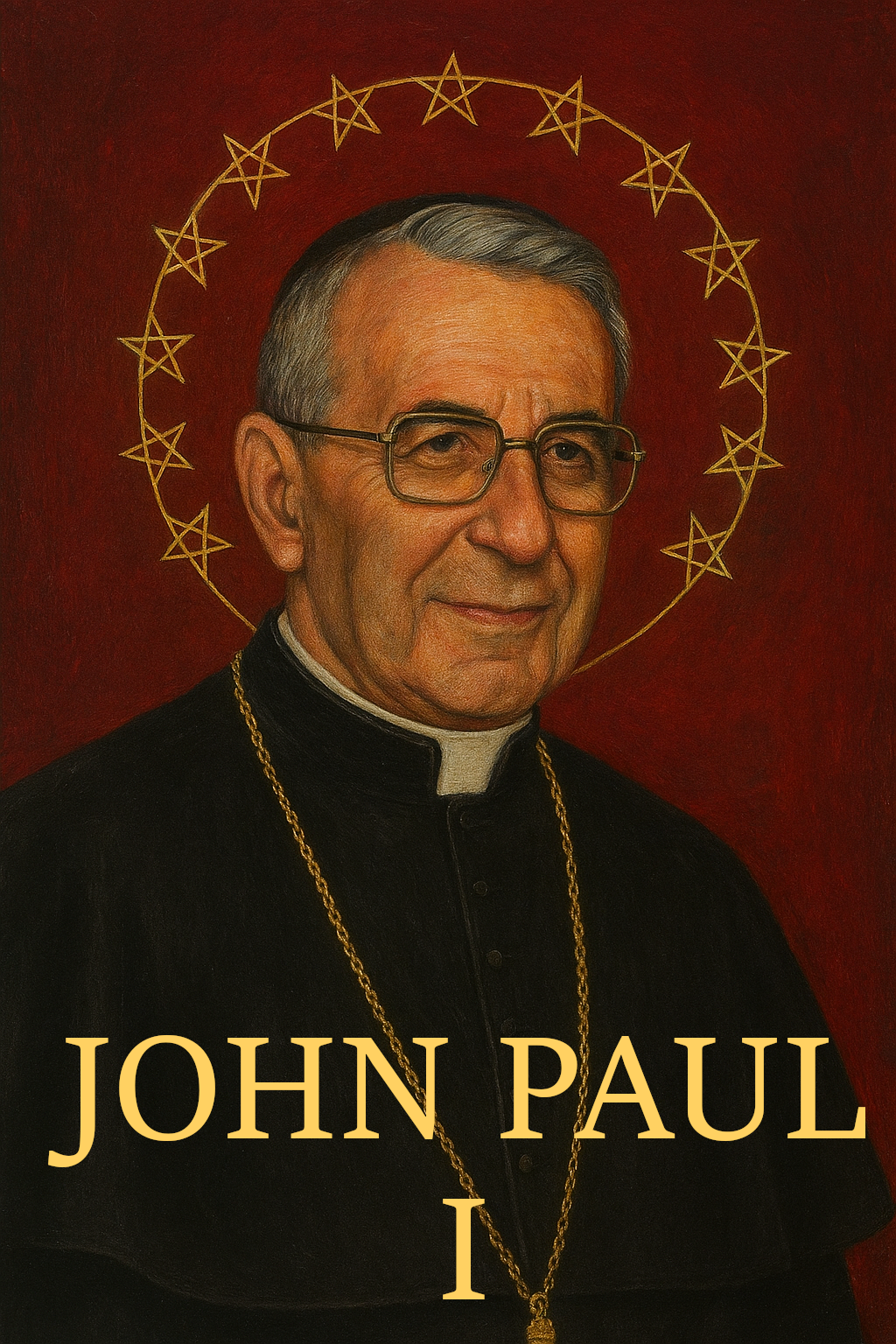


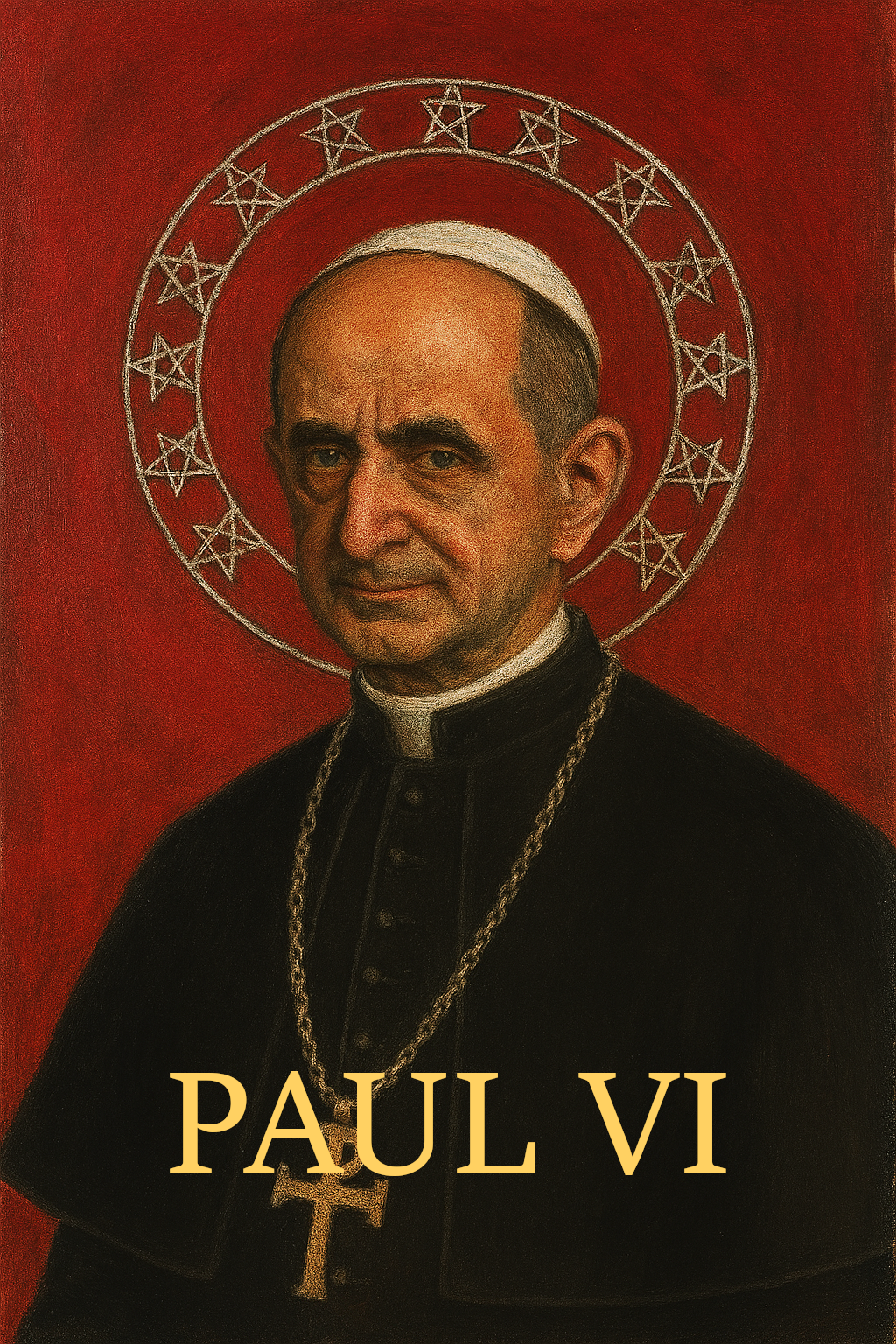


Timeline of this heretical pontiff
Encyclical Letters
+ 15 posts1959
+ 7 posts1961
+ 4 posts1962
+ 2 posts1963
+ 2 postsApostolic Exhortations
+ 3 postsApostolic Constitutions
+ 93 posts1958
+ 6 posts1959
+ 87 postsMotu Proprio
+ 15 posts1958
+ 1 posts1959
+ 1 posts1962
+ 11 postsApostolic Letters
+ 151 posts1958
+ 4 posts1959
+ 63 posts1960
+ 78 posts1961
+ 1 posts1962
+ 4 posts1963
+ 1 postsSpeeches
+ 99 posts1958
+ 2 posts1959
+ 26 posts1960
+ 29 posts1961
+ 16 posts1962
+ 24 postsMessages
+ 6 posts1959
+ 4 postsHomilies
+ 4 postsLetters
+ 152 posts1958
+ 1 posts1959
+ 48 posts1960
+ 32 posts1961
+ 31 posts1962
+ 30 posts1963
+ 10 postsNot categorized
+ 1 posts1958
+ 1 postsNews feed
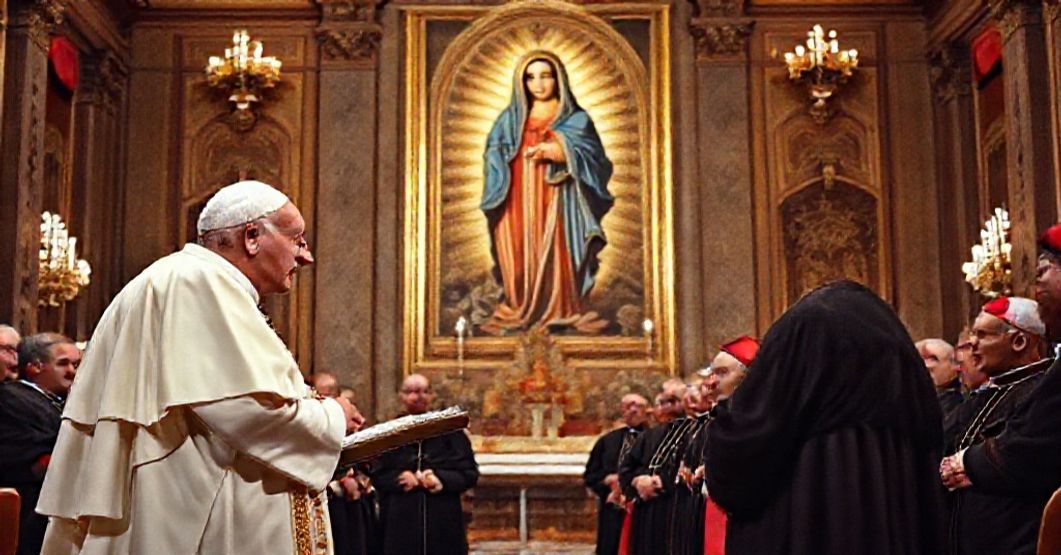

Allocutio Ioannis XXIII (1962.02.20)
The address of John XXIII on 20 February 1962 opens the fourth working session of the Central Commission preparing the so-called Second Vatican Council. He commemorates recently deceased cardinals, expresses sentimental devotion to Our Lady of Częstochowa, praises the Polish hierarchy, and frames the entire conciliar preparation as an effort ordered to “the glory of God, the coming of His kingdom on earth” and to “prepare for the Lord a perfect people.” Behind this apparently pious and harmless language stands a programmatic displacement of the integral Catholic faith by an irenic, earthbound, sentimental “Christianity” that instrumentalizes Marian devotion to baptize the coming subversion.
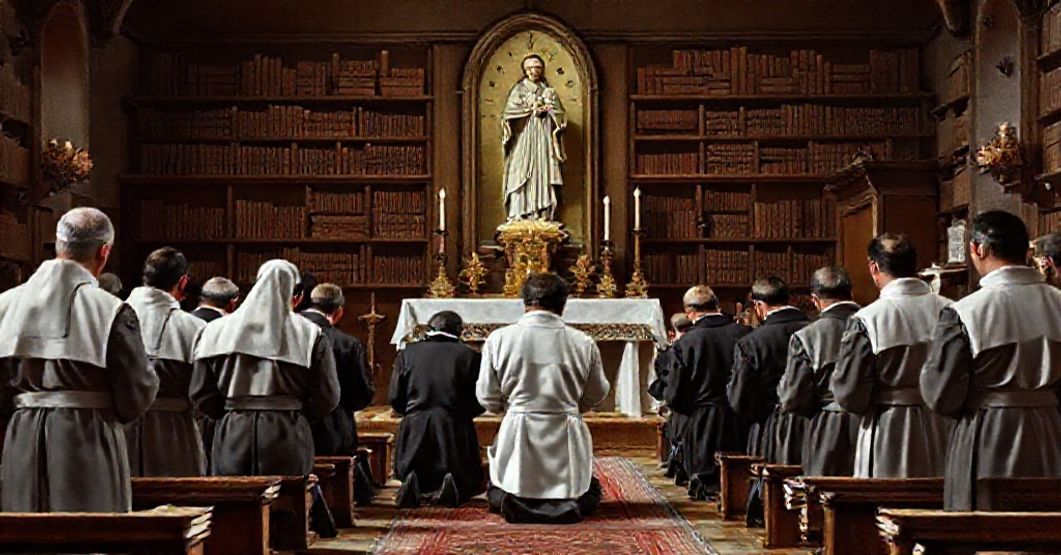

Allocutio Ioannis XXIII (1962.02.27)
The speech delivered by John XXIII on 27 February 1962 at the close of the fourth plenary session of the Central Preparatory Commission for Vatican II presents itself as a pious exhortation on seminaries, priestly vocations, and holiness of the clergy. He invokes the Magnificat, alludes to the parable of the sower, recalls the Tridentine norms on seminaries, laments modern difficulties, and solemnly insists on forming numerous, holy priests adapted to the “new age.” He crowns all this with emotionally charged references to St. Gabriel of Our Lady of Sorrows and to the festive liturgy, projecting an image of continuity, fervour, and supernatural concern. In reality, beneath this devotional varnish, the address is a calculated theological and rhetorical construction preparing the replacement of Catholic priesthood and formation with an anthropocentric, aggiornamento-oriented clergy, docile to the forthcoming conciliar revolution, and thus constitutes one of the early manifestos of the emerging neo-church’s clerical ideology.
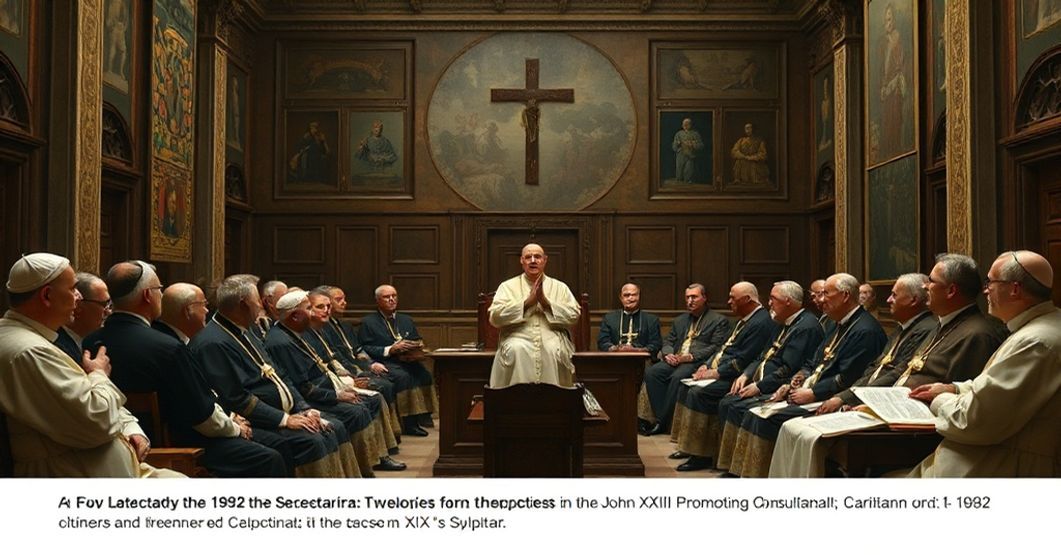

Allocutio Ioannis XXIII: Superno Dei Nutu aut Praeparatio Adulterina? (1962.03.08)
Vatican II’s usurper John XXIII, in this allocution of 8 March 1962 to the members and consultors of the Secretariat for Promoting Christian Unity, congratulates them on their work in preparing the Council, praises their “charity” toward non-Catholics, recalls his motu proprio Superno Dei Nutu establishing this Secretariat, invokes “unitarian” hopes of all who bear the Christian name, and extends this horizon even to all “upright and God-fearing” men who, knowingly or not, are said to contribute to the coming of God’s Kingdom; he endorses juridical norms to respond to “pastoral needs,” cites with calculated selectivity a closing discourse of Trent to give traditional varnish to his initiative, and ends with blessings on the Secretariat’s ecumenical labors. In reality, this short text is a programmatic manifesto of a new, naturalistic and irenic religion: a dismantling of the exclusive claims of the Catholic Church and a preparation of the paramasonic “Church of the New Advent” that will enthrone man instead of Christ the King.
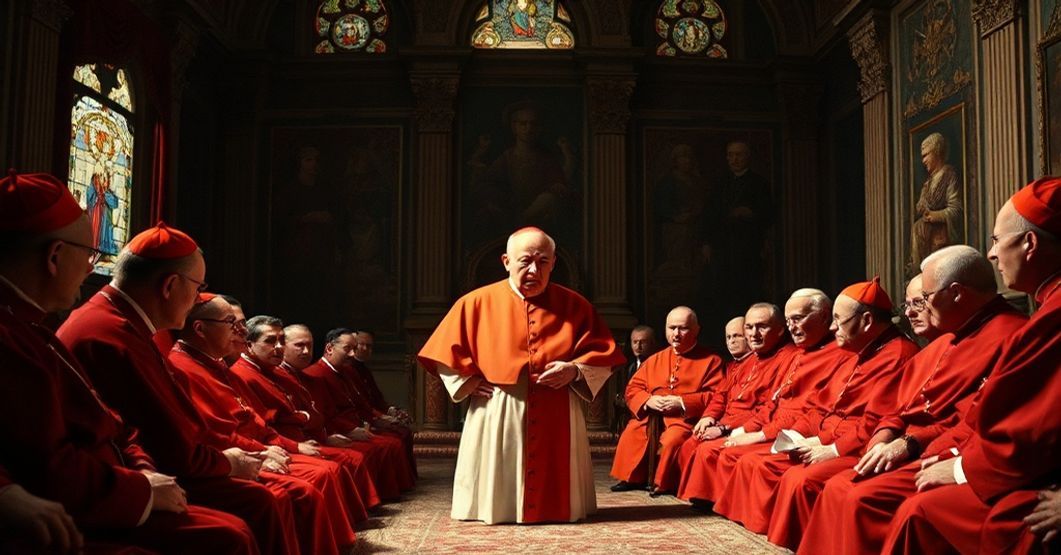

Consistorium secretum (1962.03.19)
On 19 March 1962, in a “secret consistory” in the Apostolic Palace, John XXIII addressed the assembled cardinals, lamented deceased members of the college, deplored restrictions on civil and religious “freedoms” in various regions, extolled the coming Vatican II as an instrument of “unity” and “peace,” created ten new cardinals (largely diplomatic and progressive figures), and announced his plan to confer episcopal consecration on all cardinals (including deacons) on Holy Thursday in the Lateran Basilica. Behind the pious vocabulary, this allocution manifests a deliberate re-engineering of the Sacred College, the preparation of a compliant episcopal bureaucracy for the council, and the enthronement of naturalistic, diplomatic, and anthropocentric priorities in place of the royal rights of Christ and the immutable deposit of faith.
Varia
Announcement:
– News feed –implemented
– Antipopes separate web sites with their all documents refutation – in progress
